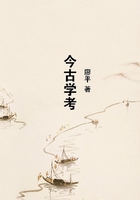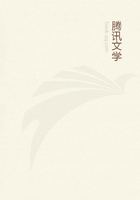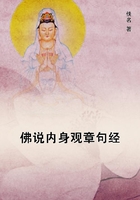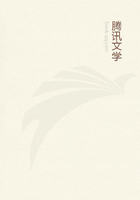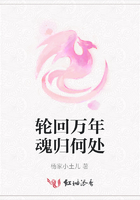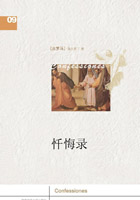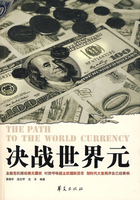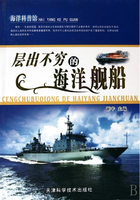If happiness is activity in accordance with virtue, it is reasonable that it should be in accordance with the highest virtue; and this will be that of the best thing in us. Whether it be reason or something else that is this element which is thought to be our natural ruler and guide and to take thought of things noble and divine, whether it be itself also divine or only the most divine element in us, the activity of this in accordance with its proper virtue will be perfect happiness. That this activity is contemplative we have already said.
Now this would seem to be in agreement both with what we said before and with the truth. For, firstly, this activity is the best (since not only is reason the best thing in us, but the objects of reason are the best of knowable objects); and secondly, it is the most continuous, since we can contemplate truth more continuously than we can do anything. And we think happiness has pleasure mingled with it, but the activity of philosophic wisdom is admittedly the pleasantest of virtuous activities; at all events the pursuit of it is thought to offer pleasures marvellous for their purity and their enduringness, and it is to be expected that those who know will pass their time more pleasantly than those who inquire. And the self-sufficiency that is spoken of must belong most to the contemplative activity. For while a philosopher, as well as a just man or one possessing any other virtue, needs the necessaries of life, when they are sufficiently equipped with things of that sort the just man needs people towards whom and with whom he shall act justly, and the temperate man, the brave man, and each of the others is in the same case, but the philosopher, even when by himself, can contemplate truth, and the better the wiser he is; he can perhaps do so better if he has fellow-workers, but still he is the most self-sufficient. And this activity alone would seem to be loved for its own sake; for nothing arises from it apart from the contemplating, while from practical activities we gain more or less apart from the action. And happiness is thought to depend on leisure; for we are busy that we may have leisure, and make war that we may live in peace. Now the activity of the practical virtues is exhibited in political or military affairs, but the actions concerned with these seem to be unleisurely. Warlike actions are completely so (for no one chooses to be at war, or provokes war, for the sake of being at war; any one would seem absolutely murderous if he were to make enemies of his friends in order to bring about battle and slaughter); but the action of the statesman is also unleisurely, and-apart from the political action itself-aims at despotic power and honours, or at all events happiness, for him and his fellow citizens-a happiness different from political action, and evidently sought as being different. So if among virtuous actions political and military actions are distinguished by nobility and greatness, and these are unleisurely and aim at an end and are not desirable for their own sake, but the activity of reason, which is contemplative, seems both to be superior in serious worth and to aim at no end beyond itself, and to have its pleasure proper to itself (and this augments the activity), and the self-sufficiency, leisureliness, unweariedness (so far as this is possible for man), and all the other attributes ascribed to the supremely happy man are evidently those connected with this activity, it follows that this will be the complete happiness of man, if it be allowed a complete term of life (for none of the attributes of happiness is incomplete).
But such a life would be too high for man; for it is not in so far as he is man that he will live so, but in so far as something divine is present in him; and by so much as this is superior to our composite nature is its activity superior to that which is the exercise of the other kind of virtue. If reason is divine, then, in comparison with man, the life according to it is divine in comparison with human life.
But we must not follow those who advise us, being men, to think of human things, and, being mortal, of mortal things, but must, so far as we can, make ourselves immortal, and strain every nerve to live in accordance with the best thing in us; for even if it be small in bulk, much more does it in power and worth surpass everything. This would seem, too, to be each man himself, since it is the authoritative and better part of him. It would be strange, then, if he were to choose not the life of his self but that of something else. And what we said before' will apply now; that which is proper to each thing is by nature best and most pleasant for each thing; for man, therefore, the life according to reason is best and pleasantest, since reason more than anything else is man. This life therefore is also the happiest.
8
But in a secondary degree the life in accordance with the other kind of virtue is happy; for the activities in accordance with this befit our human estate. Just and brave acts, and other virtuous acts, we do in relation to each other, observing our respective duties with regard to contracts and services and all manner of actions and with regard to passions; and all of these seem to be typically human.
Some of them seem even to arise from the body, and virtue of character to be in many ways bound up with the passions. Practical wisdom, too, is linked to virtue of character, and this to practical wisdom, since the principles of practical wisdom are in accordance with the moral virtues and rightness in morals is in accordance with practical wisdom. Being connected with the passions also, the moral virtues must belong to our composite nature; and the virtues of our composite nature are human; so, therefore, are the life and the happiness which correspond to these. The excellence of the reason is a thing apart; we must be content to say this much about it, for to describe it precisely is a task greater than our purpose requires.

